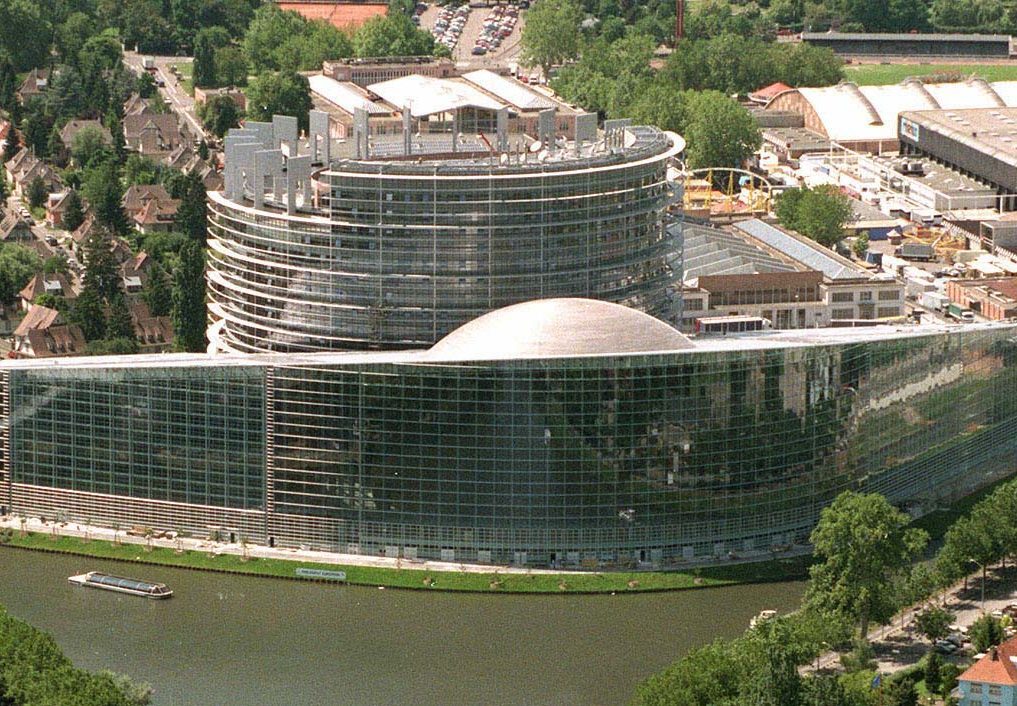Farm regulation, cross border trade and consumer safety were the specials on the menu at the Brexit breakfast debate in Strasbourg’s European Parliament.
Passionate arguments for Remain and Leave were thrashed out over strong coffee and EU-sourced yoghurt by MEPs on either side of the debate, despite there being little chance of anyone in the room being persuaded to change their mind.
Ireland’s Fine Gael party were the hosts and the European Parliament’s vice-president, Mairead McGuinness MEP, a member of the agriculture committee, focused on border issues, trade and the disruption a Brexit would cause.
She conceded that having to negotiate and find consensus with 28 countries meant the EU wasn’t perfect. But speaking later she rejected UKIP’s notion that voting to leave would resolve all the farming industry’s gripes.
“Irish farmers argue about how Europe addresses climate change, the sustainable use of pesticides and water quality,” she said.
“We have arguments all the time, but you need to remember the consumer interests in this. For instance BSE was a UK problem which had to be addressed. It’s futile to say Europe causes problems for the agricultural sector. Yes we regulate, because we have an internal market and consumer demands. Sometimes it appears to be burdensome and we’re in the process of addressing that.”
Ms McGuinness rejected the idea that simplification wasn’t happening quickly enough.
“We won’t get rid of rules and regulations because it’s in the long term interests of farmers and consumer to have regulations, and very often in the health and welfare interests of farmers that we have controls on chemicals and pesticides and regulate how they’re used,” she said.
However UKIP MEP and European agriculture committee member, Stuart Agnew claimed a vote for Remain was a vote to ban glyphosate. And he criticized the way the EU assessed agricultural chemicals.
“We’ve always had a risk-based system in the UK and it has worked,” he said later.
“Very few things have gone wrong and the Health and Safety Executive is far more concerned about falling from heights, getting snaffled up by PTO shafts, being backed into by a loader in the grain store or handling a bovine than anyone being exposed to pesticides. There isn’t a problem here.”
The implications for agricultural trade between the north and south of Ireland in the event of a Brexit is a key issue for Fine Gael and Ms McGuinness emphasised the importance of the UK as a market for beef and dairy produce.
“But we take a lot of milk from Northern Ireland farmers and that would have to change around tariffs if there’s a Brexit, so the consequences for the agricultural sector on the island of Ireland are profound.
“In the wider context of Irish exports to the UK, they’re deeply profound.”
She added: “We want a sustainable food supply chain where there’s respect for nature and production; where farmers get a fair crack of the whip at the end of the chain and where we as consumers have choice. I do think that will change if there’s a Brexit.”
Mr Agnew agreed Brexit would create border problems but said he hoped the Irish would follow the UK by leaving the EU.










